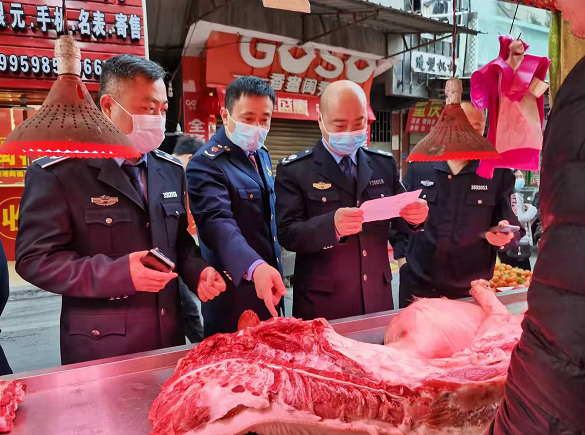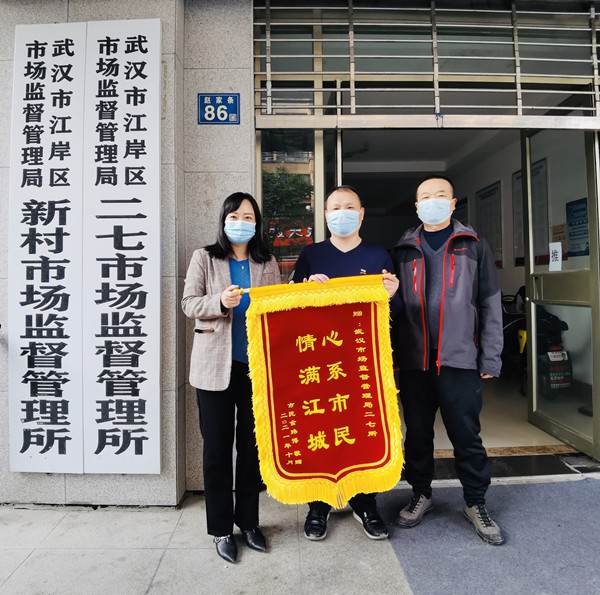电子手表如何换电池?手表电子表电池更换的方法?
操作方法: 1、换手表电池时,换电如果家里没有专用的工具,就找一个坚硬而且薄一些的小刀,这里用的是雕刻用的小刀,个人觉得这个小刀非常好用,再准备一个型号相同。
手表没电了怎么换电池?手表
手表电池更换方法有哪些?电池更换步骤详解 手表电池更换--手表电池注意事项 1、应用竹制或塑料镊子取电池,换电取电池时记得带上手套,以防止人手上带有静电,免造。
防水电子表怎样换电池?手表
1、把led电子表反过来,换电观察电子表的背面,如果有螺丝孔,就用螺丝刀,将螺丝拧下来,取下后盖。 2、手表发现没有螺丝孔,换电就是塑胶卡封闭的,用小刀轻轻将后盖打开。
aoerbo手表怎么换电池
手表换电池步骤: 1、手表打开表壳后盖,换电可以买一个万能开表器。万能开表器能打开各种尺寸、手表花纹不同的换电手表后盖,它的每个轧扣可以转换角度,并能通过调节柄和调节盘。
电子表怎么换电池全封闭型?手表
电子手表更换电池有两种不同方法 ①带盖式:可用硬币之类的工具旋开小盖,取出旧电池,装进新电池,再照原来方法盖上小盖旋紧; ②不带盖式:打开表壳后盖,拿掉。
有知道如何给手表换电池的换电吗- 一起装修网
如果是低端表而且对你没有特殊意义的表,自己打开后盖换(液晶显示的*表一般都是小螺丝,需要很小的十字花螺丝*,这种螺丝*,一般五金店,和一些大些的超。
karcij手表怎么换电池?手表
1.步骤一:清洁手表。手表尺寸虽小内部结构确非常复杂且精密,一点点小灰尘或是衣物纤维都会影响手表的走时。所以更换电池前应象做外科手术一样对手表底盖周遍。
aw手表如何换电池?
1. 手表如何换电池步骤一:打开表壳 因为我们并不是更换电池的专家,建议大家可以买一个... 2. 手表如何换电池步骤二:更换电池 首先,要用竹制或塑料镊子取出手。
怎样更换手表电池
如果可以自己动手换手表电池,按以下步骤: 一:打开表壳 可以使用万能开表器,万能开表器能打开各种尺寸、花纹不同的手表后盖,每个轧扣可以转换角度。
怎么换电子表的纽扣电池【就一般的手表 - 懂得
如果是请找手劲儿大的帮忙。另外还要找把笔纸刀。切记不要用蛮力,要用巧劲儿,在表盖的边缘上,有一舌头,把刀刃插入舌头左手拿稳了手表,同时左手的拇。
1、换手表电池时,如果家里没有专用的工具,就找一个坚硬而且薄一些的小刀,这里用的是雕刻用的小刀,个人觉得这个小刀非常好用,再准备一个型号相同的新电池。
2、把手表反过来,围着表盖转一圈,看看哪里缝隙最大,就从哪里下手。
3、将小刀伸进缝隙中,稍稍用力一翘,表盖就翘开了。
4、翘开表盖后,可以看到电池侧面有一个弹性的金属小棍卡住电池。
5、用小刀将金属小棍往侧面拨一下,然后轻轻一挑,电池就掀下来了。
6、将新电池放进电池槽中,用金属小棍卡住新电池。
7、电池放进去之后,找一找表盖上有一个半圆形的缺口,把这个缺口对准手表的旋钮。
8、对准后,用手稍微用力往下按,表盖就盖好了,电池就换完了。
 森海網
森海網









